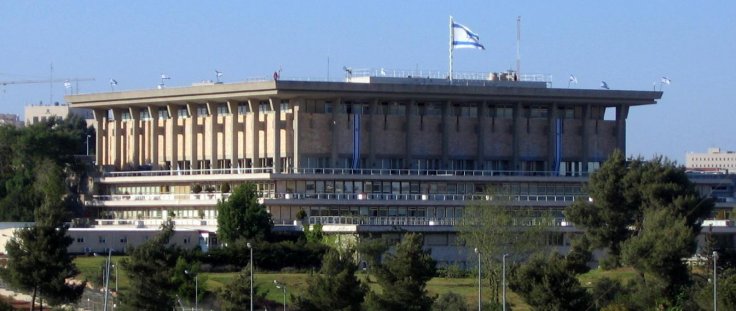Benjamin Netanyahu has won the Israeli parliamentary election and will return as prime minister, early results showed on Wednesday. The bloc led by the former prime minister and the Likud party is inching closer to the required number of seats in the Knesset with more than 50 percent of the votes have been counted.
62 Seats foe Netanyahu's Bloc
As per projections, Netanyahu's bloc will win 62 seats in the Knesset, where a ruling coalition will need 61 seats to govern. Prime Minister Yair Lapid's Yesh Atid party and its coalition partners are projected to win between 50 and 53 seats.

"We have won a huge vote of confidence from the people of Israel ... We are on the brink of a very big victory," he added vowing to form a "stable, national government," Netanyahu said, declaring victory.
Exit Polls
Earlier, exit polls showed that Netanyahu, who stepped down as prime minister less than 18 months ago, would return to power.
After the polls closed, Channel 13 predicted that Netanyahu's Likud party alone will win 32 seats. As per Channel 12 this number would be 31. Both the networks projected Lapid's Yesh Atid party to get 23 seats.
Ultra Right Makes Stunning Gains
The Religious Zionist Party, which is led by ultra right wing leader Itamar Ben-Gvir and Bezalel Smotrich, was projected to win as many as 13 to 14 seats, the Jerusalem Post reported. This would mark significant gains for the party compared with previous elections.
While Defense Minister Benny Gantz's National Unity Party was likely to get 11 seats, Yisrael Beytenu could get up to six seats.
The Shas party, which is part of Netanyahu's bloc, is projected to get 10 seats, and the United Torah Judaism (UTJ) would get 7 seats. Both these right wing parties are seen making significant gains compared with the recent elections.

The losses mainly pertain to Israel's Left wing parties, with Labor projected to win five seats and Meretz winning in four seats.
In the Arab bloc, Hadash-Ta'al and Ra'am could get up to five seats each, according to JPost.
Netanyahu was in power between 1996-1999 and 2009-2021 and is the longest-serving prime minister of lo Israel.
Political Crisis
Israel held the fifth election in less than four years following the political crisis created by the exit of Prime Minister Naftali Bennett in April after he lost the majority in the Knesset. Bennett had led an unseemly coalition consisting of parties ranging from the Jewish right to an Arab Muslim party. When MK Idit Silman left the coalition, Bennett's support shrank to 60, the same as the Opposition.
In early July, Yair Lapid took over as prime minister, even as fresh elections were called.









